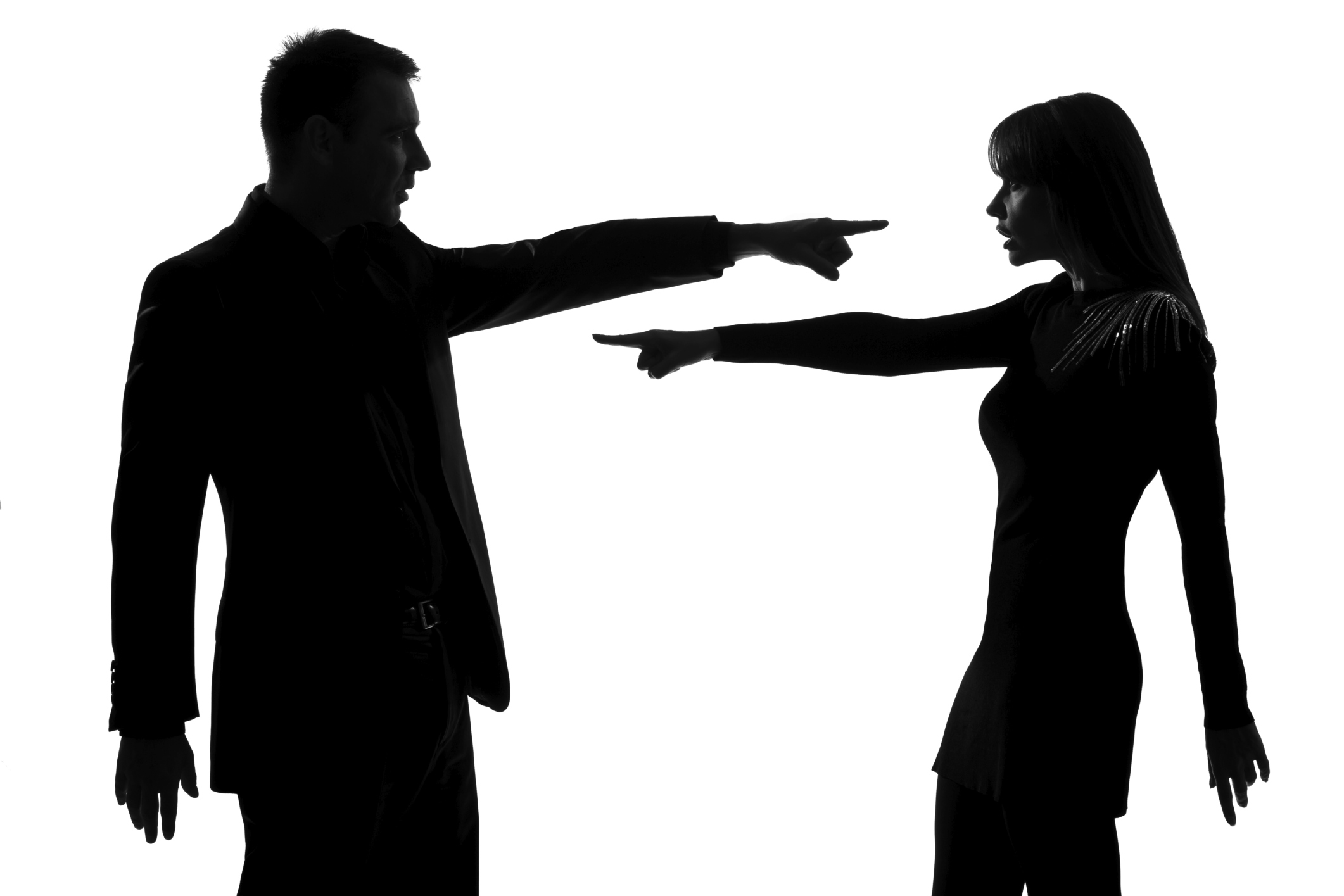It’s a rigged game, much like that carnival one in which you throw ping-pong balls into goldfish bowls. Sure, if you’re spectacularly lucky, you might launch the ball at just the right angle with the precise amount of rotation, taking into account the wind speed and direction and the moon’s gravitational pull. The odds of taking home a fish are definitely stacked against you. They’re stacked against you in the Blame Game, too.
Here are the rules of the game:
- A problem happens, anything from a minor someone forgot to do a household chore to a major national tragedy.
- Players must quickly point out the problem, point their finger at someone else, and argue why it’s the other players’ fault.
- Adamantly defend your position.
- The blame is volleyed back and forth until someone wins.
Just kidding. No one wins.
Why?
As soon as we start blaming, it becomes a You v. Me rather than a We situation. The debate becomes about being right and defending your ego, and giving an inch toward compromise feels like a loss. When was the last time you told someone what she did wrong or accused him of messing up, and you got the response, “Gee, you’re right. Thanks for letting me know. I’ll do whatever you think is best to fix it”?
Yeah, I didn’t think so.
When we play the Blame Game, we’re too busy passing the buck or protecting our ego (it hurts to be wrong, am I right?) to focus on a solution. Moreover, hurtful things are said, and hurtful feelings on both sides grow.
AND NO ONE WINS.
In fact, I’d argue you’re actually even less likely to have your point of view heard and accepted during the Blame Game.
Sure, maybe someone gets the last word. Maybe it’s even you. When the silence falls, though, take a moment to surveil the damage. Still feel like a winner? You get to be right, but did it fix the problem? Is your relationship better off than it was? Was it worth it?
I learned the hard way that in relationships sometimes the choice is: Do I want to be right, or do I want to be happy?
“You said you’d take out the trash!” “No, I didn’t.” “Yes, you did. I remember it because blah, blah, blah.” “No, I did NOT say that. You must’ve misheard.” Etc.
What we have here, folks, is an impasse. There’s no way to know objectively who is right. Even if there were, would it really matter? Continuing to defend your rightness won’t take out the trash. Besides, by the end of it, I’d venture to guess that neither of you is very happy.
Wouldn’t it make more sense to take a second to ask yourself, “What’s really important here?” A) Being right, B) making the other person feel like crap, or C) figuring out how to get the damn trash out of the house so we can move on.
C. The answer is always C.
In many instances, blame is useless at best and can often be quite harmful. Everyone is going to be better off if we each take responsibility for our own contributions to the problem and let others claim their own piece of the responsibility pie. Whether they do or not, spend your time and energy focusing on a solution. The problem gets addressed, lots of hurts get avoided, and we can move on.
This advice applies to relationships between individuals (friends, partners, parents/children, coworkers, boss/employee) as well as groups (hello, current bipartisan political system). The Blame Game, as appealing as it might be, doesn’t end well for anyone.
Originally published at www.ablindquest.com


